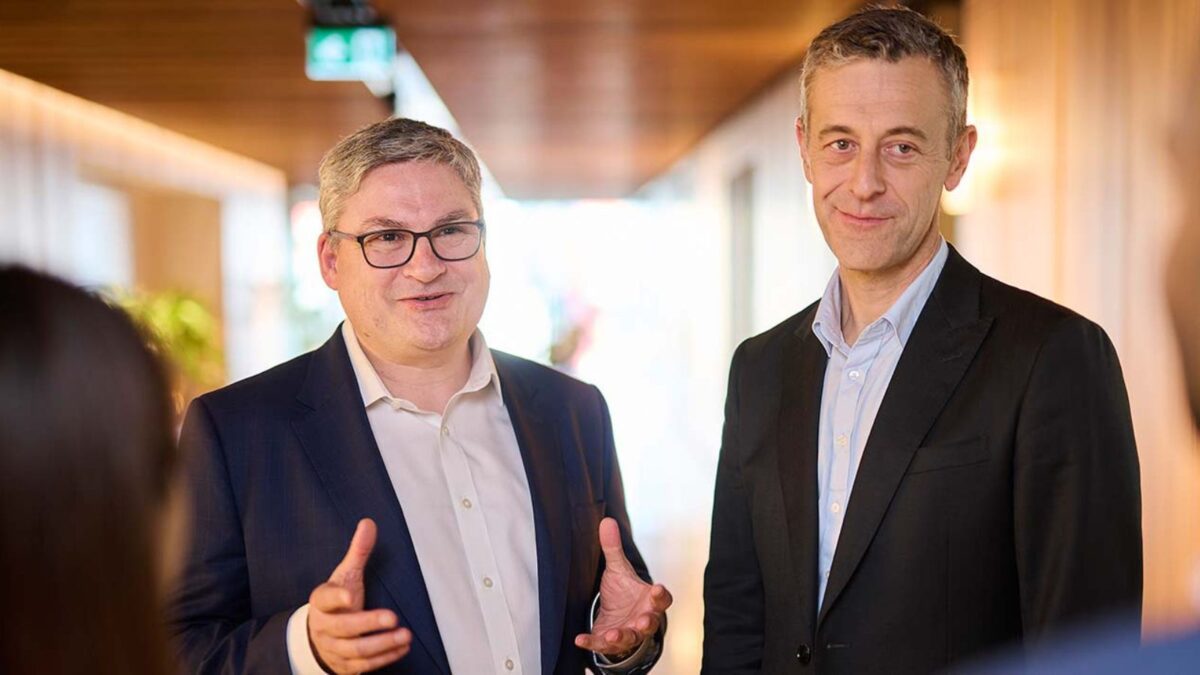Future Fund finds ‘active opportunities’ in more positive conditions
Australia’s sovereign wealth fund returned 12.2 per cent over 2024, adding $26 billion of value and bringing total funds under management to a record $304.5 billion by riding the surge in US stocks.
Chief executive Raphael Arndt said the result reflected the work the Future Fund had done over the last few years in position papers like Geopolitics: the Bedrock of the New Investment Order to “understand significant and lasting changes in the world”
“We have focused on ensuring we are equipped to navigate these changes to the investment environment including the resurgence of geopolitical risks,” Arndt said.
The Future Fund substantially increased its allocation to global equities as a long-predicted rate driven global downturn once again failed to eventuate and economic growth, trade, employment, wages and corporate balance sheets all held up.
“These conditions provided lots of opportunities for active return generation and the Future Fund benefitted from increasing its allocation to international equities,” said chief investment officer Ben Samild. “Alternatives, credit and infrastructure all made positive contributions, and returns were helped by the decline in the Australian dollar, which increased the value of offshore assets.”
But while inflation appears to have settled and rates are heading lower, Samild believes that the trends outlined in the Future Fund’s position papers since 2022 – changing trade dynamics, rising strategic competition, growing populism and an increased risk of conflict – will “continue to play out”, and that the $100 billion of portfolio changes made in response to them have been “well rewarded”.
“The portfolio is now constructed to be more resilient to inflationary pressures and more responsive to the fast-changing world while generating attractive long-term returns,” Samild said.”
Arndt also highlighted controversial changes to the Future Fund’s mandate, which will require it to consider “National Priorities”, including housing, renewable energy and infrastructure investment, in its investment process.
“During the year our new investments included a stake in the Eastlink toll road, and a national portfolio of student accommodation facilities,” Arndt said. “We continue to evaluate investment opportunities in the Australian economy consistent with the new investment mandate.”











